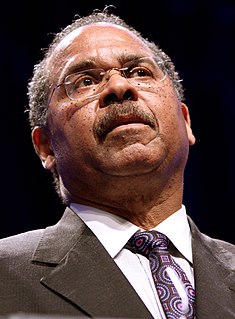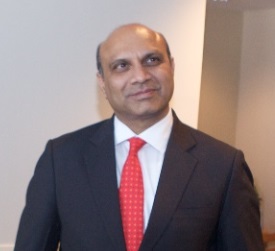A Quote by David Limbaugh
The hastily crafted [stimulus] bill, with its corrupt funding of ACORN and other favors, is a disgracefully irresponsible effort to expand the public sector, diminish the private sector, empower the autocrats, and further divest us of our individual liberties - all at the expense of present and future generations.
Related Quotes
Private sector unionization is down to practically seven percent. Meanwhile the public sector unions have kind of sustained themselves [even] under attack, but in the last few years, there's been a sharp [increase in the] attack on public sector unions, which Barack Obama has participated in, in fact. When you freeze salaries of federal workers, that's equivalent to taxing public sector people.
It's just the banks who are the latest target of the American socialist left. There is a war on the entirety of the private sector. It is the private sector that employs most of you, that services most of you, that creates the economic prosperity that our nation has enjoyed - and there is a war on that private sector, and it's being waged from the Oval Office, and its foot soldiers are on Wall Street and in other cities around the country.
The private sector is first of all much larger than the public sector. The waste we see in that sector does not result from the fact that people spend their money carelessly. Mostly, it occurs because what one family must spend to achieve its goals often depends heavily on what other families spend.
When people abuse these freedoms to enrich themselves at the expense of others, then the public will demand the government to step in. That is how government grows, and how freedom is diminished.... When financial meltdowns occur, the public's outrage drives government to take over part of the private sector. When the government does so, it replaces irresponsible executives with unaccountable bureaucrats. That takes us out of the frying pan and into the fire.



































